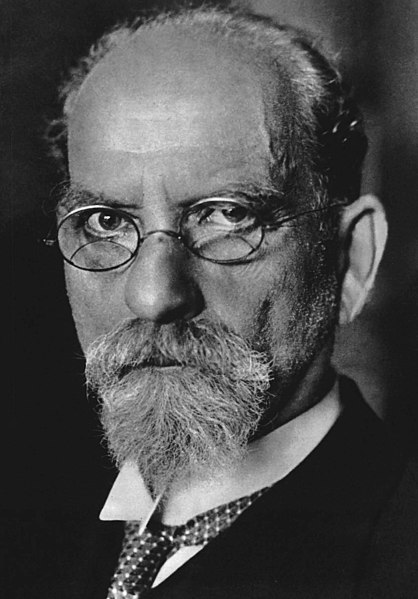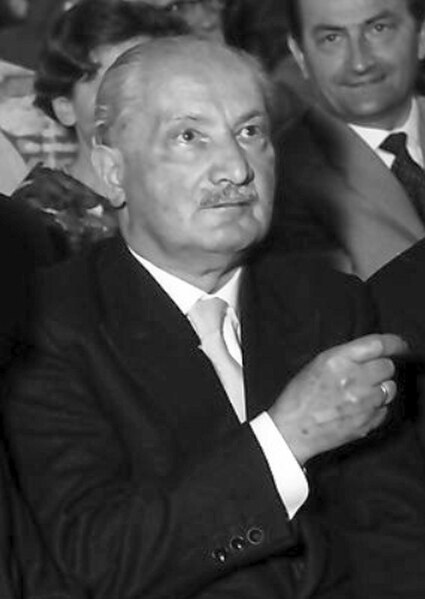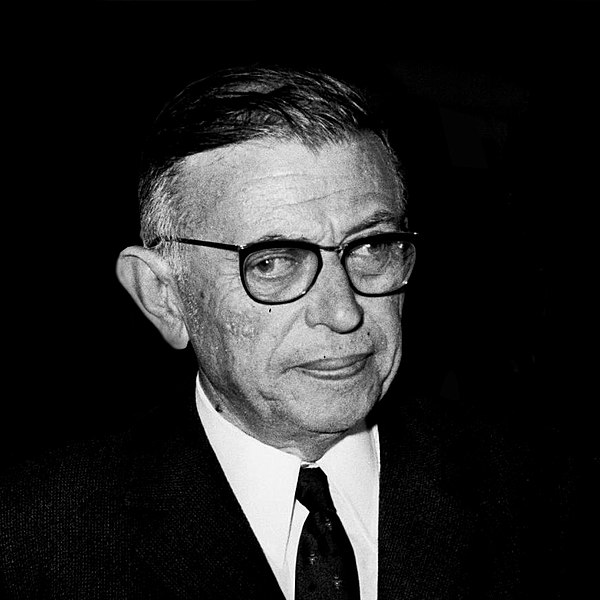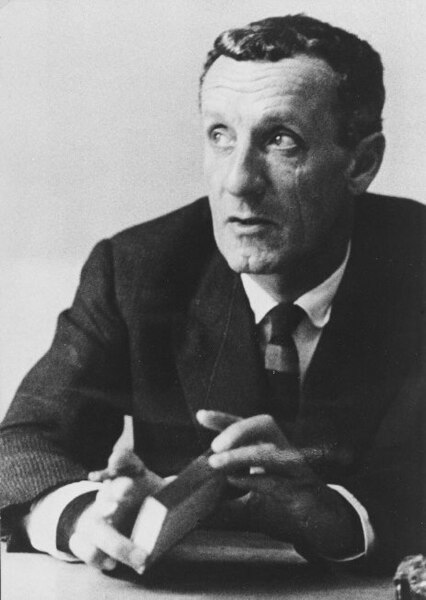Phenomenology (philosophy)
Phenomenology is the philosophical study of objectivity and reality as subjectively lived and experienced. It seeks to investigate the universal features of consciousness while avoiding assumptions about the external world, aiming to describe phenomena as they appear to the subject, and to explore the meaning and significance of the lived experiences.
Edmund Husserl
Martin Heidegger
Jean-Paul Sartre
Maurice Merleau-Ponty
Consciousness, at its simplest, is awareness of internal and external existence. However, its nature has led to millennia of analyses, explanations and debate by philosophers, theologians, and scientists. Opinions differ about what exactly needs to be studied or even considered consciousness. In some explanations, it is synonymous with the mind, and at other times, an aspect of mind. In the past, it was one's "inner life", the world of introspection, of private thought, imagination and volition. Today, it often includes any kind of cognition, experience, feeling or perception. It may be awareness, awareness of awareness, or self-awareness either continuously changing or not. The disparate range of research, notions and speculations raises a curiosity about whether the right questions are being asked.
Schema of the neural processes underlying consciousness, from Christof Koch
A Buddhist monk meditating
Thomas Nagel argues that while a human might be able to imagine what it is like to be a bat by taking "the bat's point of view", it would still be impossible "to know what it is like for a bat to be a bat." (Townsend's big-eared bat pictured).
John Searle in December 2005








